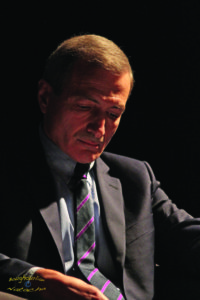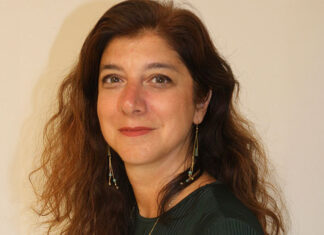 By Alin K. Gregorian
By Alin K. Gregorian
Mirror-Spectator Staff
PARIS — For the past century, the recognition of the Armenian Genocide and the subsequent and appropriate punitive measures have been debated in various venues and communities around the world.
One of the most vital Armenian communities is in France, where the large and organized Armenian community has long had the support of the government.
Just this past week, the Upper Chamber of the Parliament passed a draft article criminalizing the denial of Genocides. The next step is for that bill to go to the Constitu-tional Court.
While many in France, the rest of the Armenian diaspora and the country of Armenia rejoiced at the news, one of the world’s top human rights and legal experts, Philippe Raffi Kalfayan, was not impressed.







